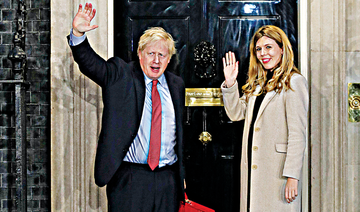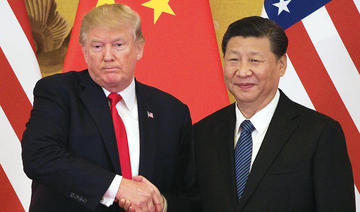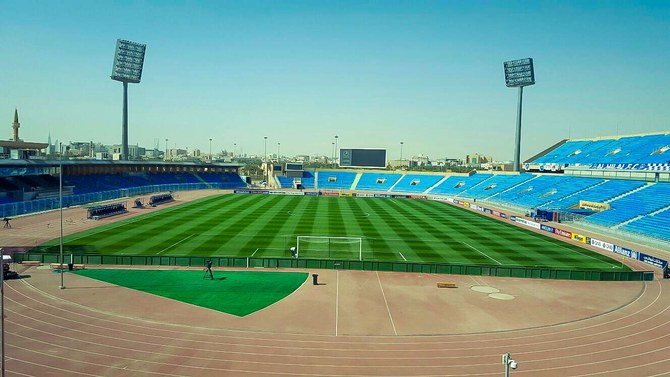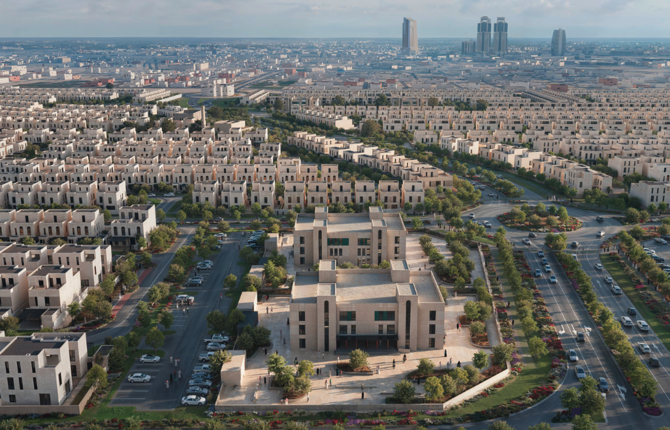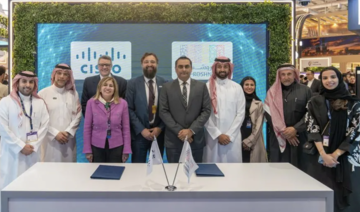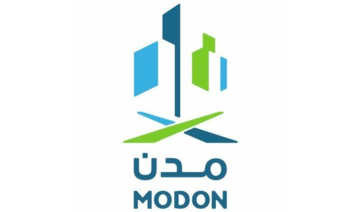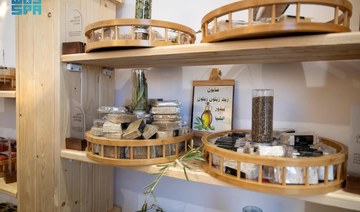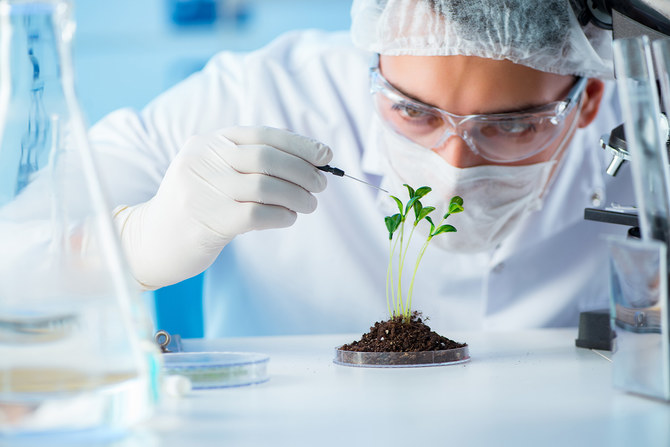LONDON: Oil rose on Friday to its highest price in nearly three months as progress in resolving the US-China trade dispute and Britain’s general election result appeared to lift two clouds that have been dampening investor appetite for risk.
US sources said on Thursday that Washington has set its terms for a trade deal with Beijing, offering to suspend some tariffs on goods and cut others in exchange for Chinese purchases of more American farm goods.
Brent crude, the global benchmark, climbed to the highest since Sept. 23. It was up 45 cents at $64.65 in mid-afternoon trade in London as West Texas Intermediate crude gained 21 cents to $59.39.
The 18-month trade war has been a dampener for oil prices, while uncertainty around Brexit has also weighed. Britain’s ruling Conservative Party won a large majority in Thursday’s general election, giving it the power to take the country out of the EU.
“An eventful past 24 hours has removed a layer of uncertainty for the global economy,” said Stephen Brennock of oil broker PVM.
“Yet it remains to be seen whether the return of the feelgood factor is enough to set oil prices on a definitive northerly trajectory.”
A drop in the US dollar against the backdrop of a strong pound helped boost commodities.
“Risk appetite among financial investors is now likely to remain high thanks to the deal between the US and China and the forthcoming end to the Brexit cliffhanger,” said Eugen Weinberg, an analyst at Commerzbank.
“This will also benefit the oil price,” he added.
Brent has rallied by almost 21 percent in 2019, supported by efforts by the Organization of the Petroleum Exporting Countries and allies including Russia to cut production.
The alliance, known as OPEC+, agreed last week to lower supply by a further 500,000 barrels per day as of Jan. 1. They have been limiting supply since 2017, helping to clear a glut that built up in 2014-2016.
OPEC’s own research indicates that the oil market in 2020 may see a small supply deficit, although the International Energy Agency sees global inventories rising despite the further step by OPEC+.
Global stocks and sterling also gained on Friday as the double dose of relief around US-China trade and the UK election undercut safe-haven sovereign bonds and the Japanese yen, and led markets to scale back expectations of more interest rates cuts around the world.
“Global investors have been given two of the biggest gifts on their Christmas list and should be appreciative for a while at least,” said Sean Callow, a senior forex analyst at Westpac.
“Global equity indices such as MSCI World should set more record highs and sterling could push above $1.36.”
The pound reached its highest since mid-2018 as exit polls and then UK election results wiped out any chance of a victory by the left-wing Labour opposition or a hung parliament, which had been a worry for investors.
Prime Minster Boris Johnson won a commanding majority in Britain’s Parliament, giving him the power to deliver Brexit, though trade talks with the EU are set to drag on for months yet.




